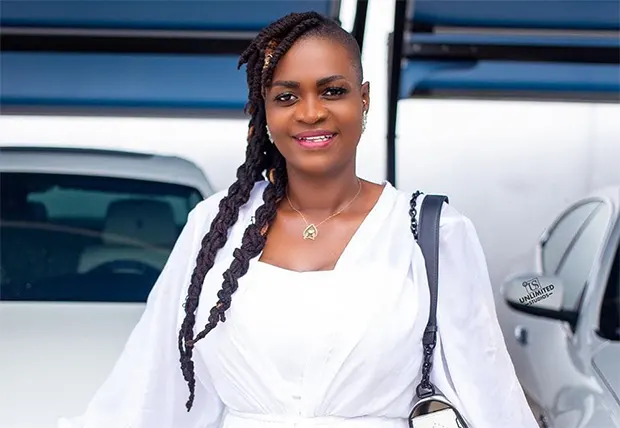The plight of Okomfo Kwadee, a once-celebrated Ghanaian hip-life artist, has sparked a renewed call for support within the music industry. Kwadee’s recent struggles with health and finances have become increasingly visible, culminating in a circulating video that depicts the artist in a frail, confused state, struggling to perform his formerly iconic hits. The stark contrast between Kwadee’s current condition and his vibrant past has alarmed fans and ignited a conversation about the responsibility of the music community to care for its members, particularly those facing hardship. Aisha Modi, a prominent socialite and philanthropist, has stepped forward as a vocal advocate for Kwadee, urging immediate action and financial assistance to help him recover and reclaim his musical career.
Modi’s impassioned plea highlights a critical issue: the tendency to celebrate artists only after their demise, neglecting their needs during their lifetime. She argues that true support lies in offering timely aid, enabling artists to overcome their challenges and continue contributing their talents to the world. Kwadee’s situation, she asserts, is a stark reminder of the precarious nature of an artist’s life and the importance of fostering a supportive environment within the industry. Her call to action targets not only individual musicians but also institutions like the Ghana Music Rights Organization (GHAMRO), questioning their role in protecting the welfare of artists and ensuring they receive their due compensation.
The urgency in Modi’s message underscores the gravity of Kwadee’s situation. His dramatic weight loss and disoriented appearance suggest a deep-seated struggle, requiring immediate intervention. She emphasizes that waiting for his demise before offering support would be a tragic failure on the part of the music community. By highlighting the potential for Kwadee’s resurgence, Modi reframes the narrative from one of despair to one of hope and possibility. She believes that with adequate support and resources, Kwadee can overcome his current predicament and reclaim his position as a respected artist.
Modi’s public appeal goes beyond merely requesting financial assistance; it challenges the industry to reflect on its values and priorities. She questions the current system, which seems to prioritize posthumous accolades over the well-being of living artists. Her critique extends to GHAMRO, specifically regarding the handling of Kwadee’s royalties. She raises concerns about the organization’s effectiveness in ensuring artists receive their rightful earnings, suggesting a systemic failure that needs immediate attention. This pointed critique aims to hold GHAMRO accountable and push for reforms that protect the financial security of artists.
The circulating video of Kwadee serves as a potent symbol of his current struggles and a reminder of the fragility of artistic careers. It underscores the need for a robust support system within the industry, one that safeguards the well-being of artists throughout their lives, not just after their passing. Modi’s call to action is a direct challenge to the Ghanaian music community to move beyond superficial gestures of mourning and commit to tangible support for struggling artists. This includes providing financial assistance, access to healthcare, and emotional support to navigate the challenges inherent in the artistic profession.
The case of Okomfo Kwadee transcends individual circumstances and highlights systemic issues within the music industry. It exposes a culture that often neglects the welfare of artists until it’s too late, prompting a necessary dialogue about responsibility, support, and the ethical treatment of creatives. Aisha Modi’s advocacy, fueled by empathy and a sense of urgency, serves as a powerful catalyst for change, pushing the Ghanaian music community to confront its shortcomings and build a more sustainable and compassionate environment for all its members. Her plea is not merely for Kwadee’s survival, but for a shift in industry practices that prioritize the well-being of artists, recognizing their intrinsic value and contribution to society.














